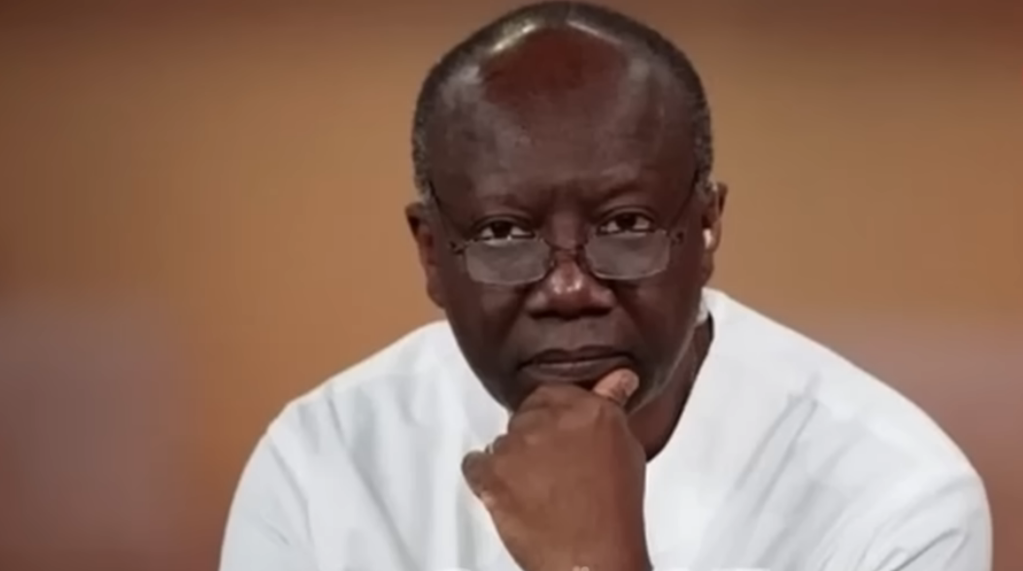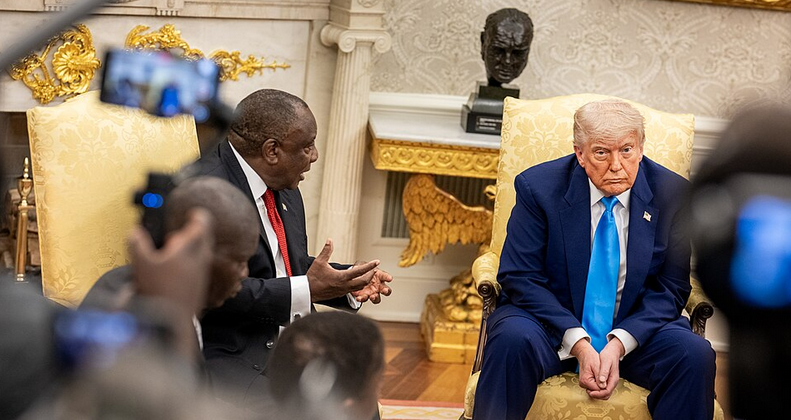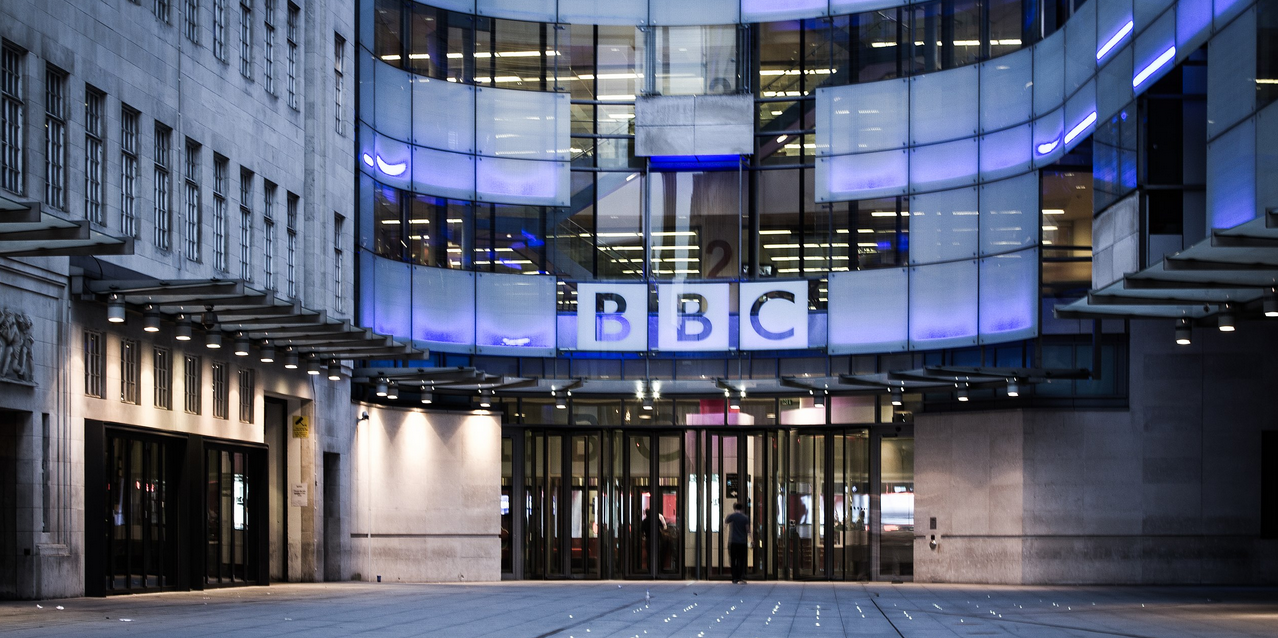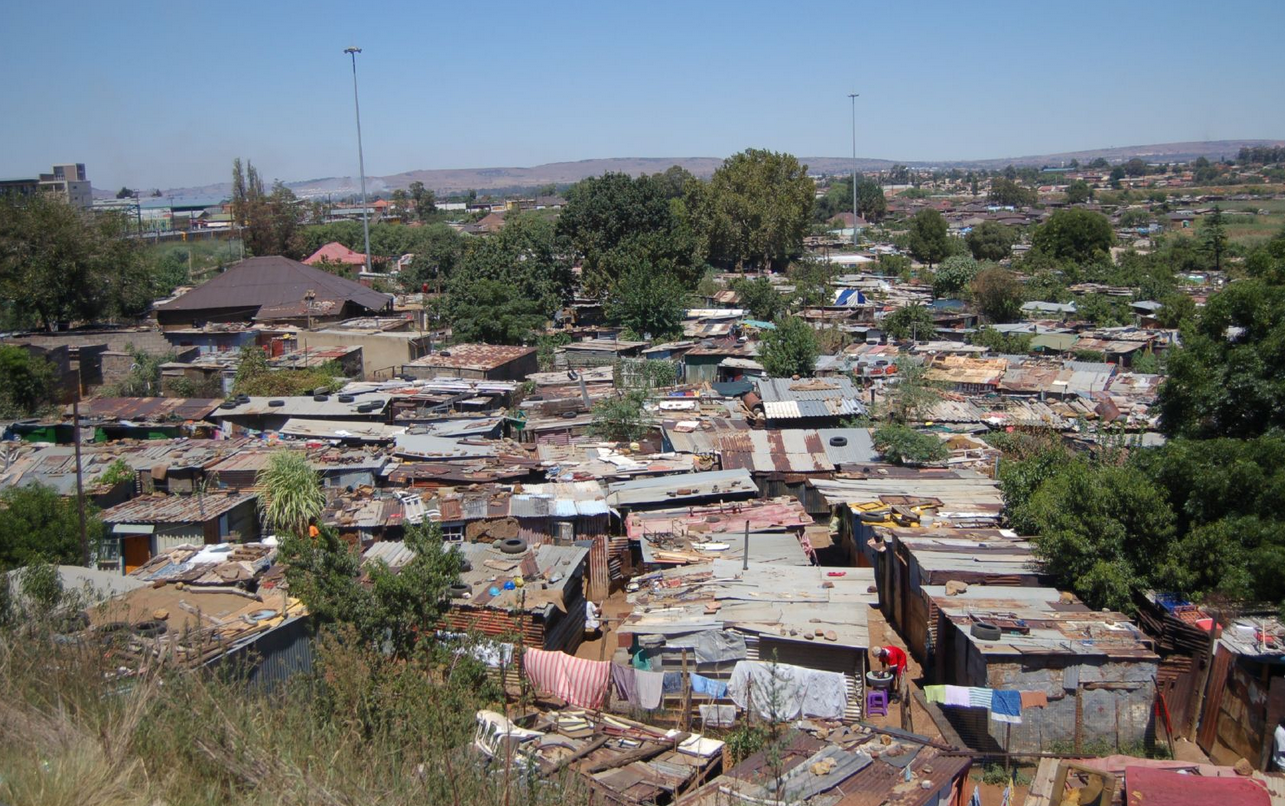By Derek Royden
Photos: YouTube Screenshots
“How did you go bankrupt?” Bill asked.
“Two ways,” Mike said. “Gradually and then suddenly.”
-Ernest Hemingway
Over the last few months there have been a number of stories about the sorry state of the Western press, especially in the United States. While Trump’s 2016 campaign was good for large cable news networks and to a lesser extent national periodicals like the New York Times, consolidation driven by profit-seeking had already deeply harmed smaller outlets, from televised local news broadcasts to small market newspapers.
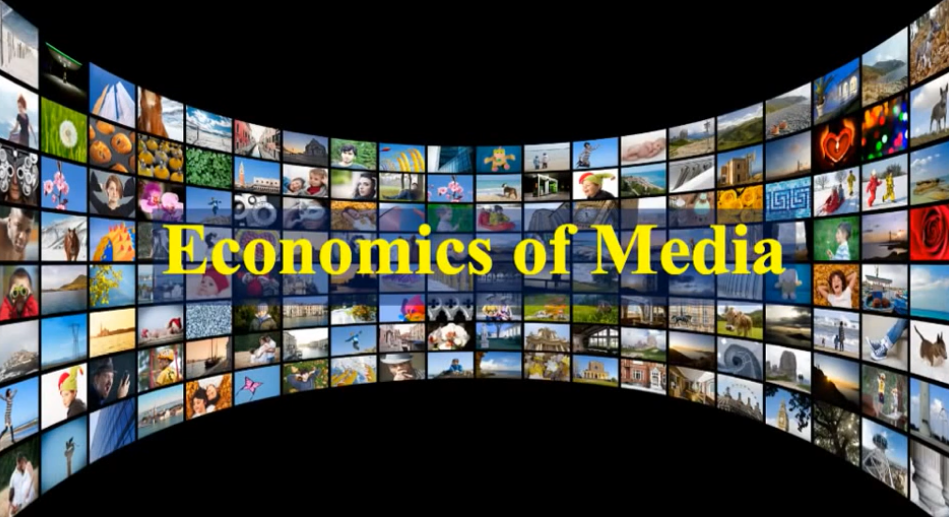
At the same time, the hope of the early days of the internet, that access to information and diverse viewpoints from around the world would lead to a more educated public has arguably led to the opposite, with most people now getting their news from dubious sources like random posts on social media and streaming services like TikTok, where the less traditional incentives for content creators have led to a deluge of misinformation (honestly mistaken) and disinformation (intentional and malign, often initiated by Russian fake news perpetrators).
This in turn has led some to retreat from reality in favor of misinformed echo chambers, especially on the far right, where false narratives are constantly put forward on everything from immigrant communities like Haitians in Springfield, Ohio to myths about ‘post birth abortion’ and the safety of vaccines.
One hope that has been held out for larger papers until recently is that billionaire owners can save them and that such noble philanthropists will allow these outlets to operate freely without putting their thumbs on the scale in terms of their coverage.
This idea implies that these billionaires will be hands off and won’t turn these institutions into bullhorns for their own ideological or business interests; the news that the owners of both the Washington Post and the LA Times forced their editors to withhold endorsements during this year’s presidential election puts the lie to this. In the case of the latter, as reported by Deadline, owner Patrick Soon-Shiong, after facing criticism and resignations in the wake of killing the paper’s planned endorsement, has now promised a new editorial board is “coming soon.”
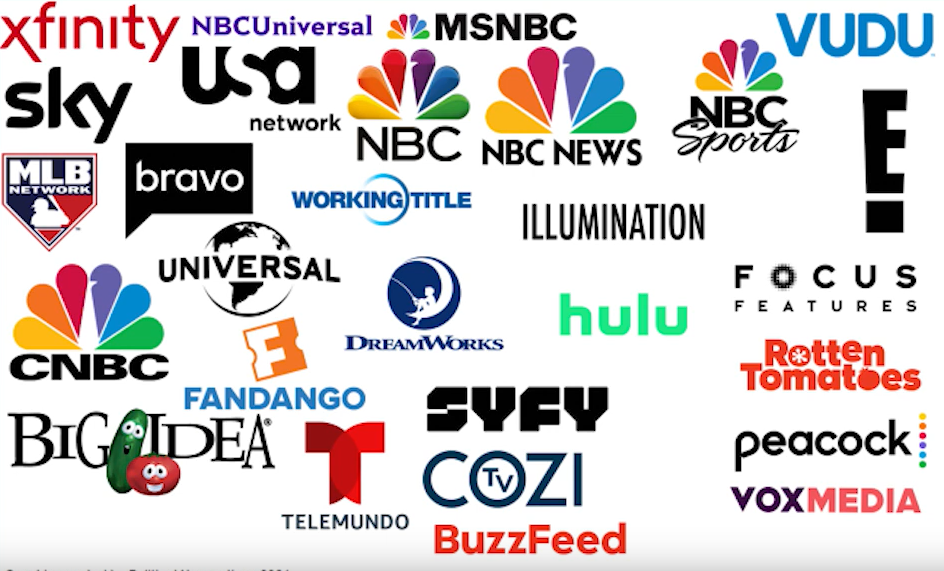
Anecdotally, we can also see in other English-speaking countries like Canada and the UK, where press barons have long prospered, such capture usually results in a more rightwing, anti-worker, ‘pro-business press’.
It’s also been clear for quite some time that serious journalism, whatever its slant, will not be saved by online advertising; even well-funded outlets like Buzzfeed and most recently, the Messenger that have attempted to mix news with content they hope will go viral haven’t found a way to survive using this already outdated model. It doesn’t help that most of the advertising is going to social media platforms like Meta that are removing news content in some places altogether.
While it’s impossible to know how this will shake out in the years ahead, we have already seen major changes in the way people get their information. Podcasts and video platforms like YouTube and Rumble have stepped into the breach and the results are somewhat frightening.
As we saw during the pandemic, simple ignorance and disinformation spread online can endanger the public health in a crisis, as commentators with massive audiences like Joe Rogan allowed their guests to tout unproven cures like Ivermectin, a very effective deworming drug with no known efficacy in fighting something like a novel coronavirus, leading to severe and sometimes fatal consequences for those who followed this bad advice.
Showing that we’ve moved on from this time without absorbing any of its lessons, with help from Rogan and others in the new media that increasingly has replaced journalism with (misinformed) opinion, American voters have returned Donald Trump to the White House, hoping that a narcissistic billionaire will shake things up in Washington and improve their lives. Only time will tell if this will prove as lucrative for media of all stripes as it was last time around or if he will live up to his promise to go after those he has long called, “enemies of the people.”

Derek Royden is a Canadian journalist.


